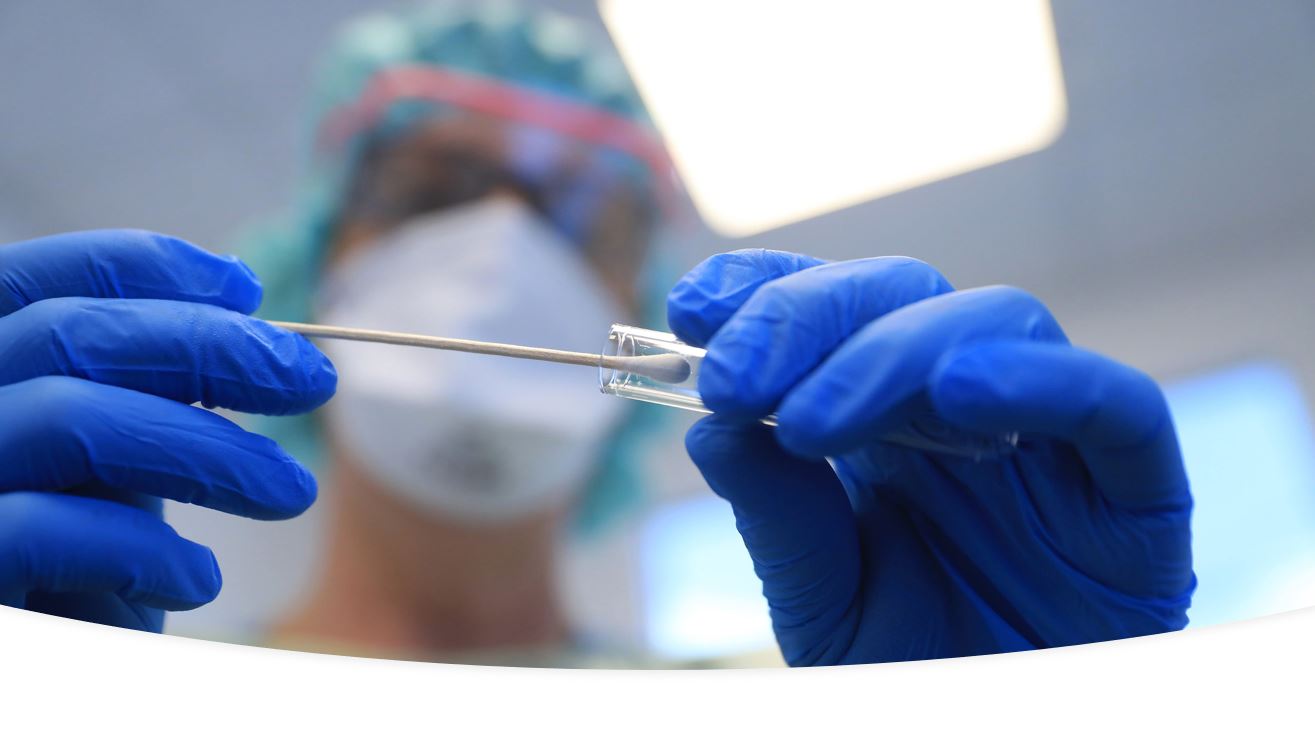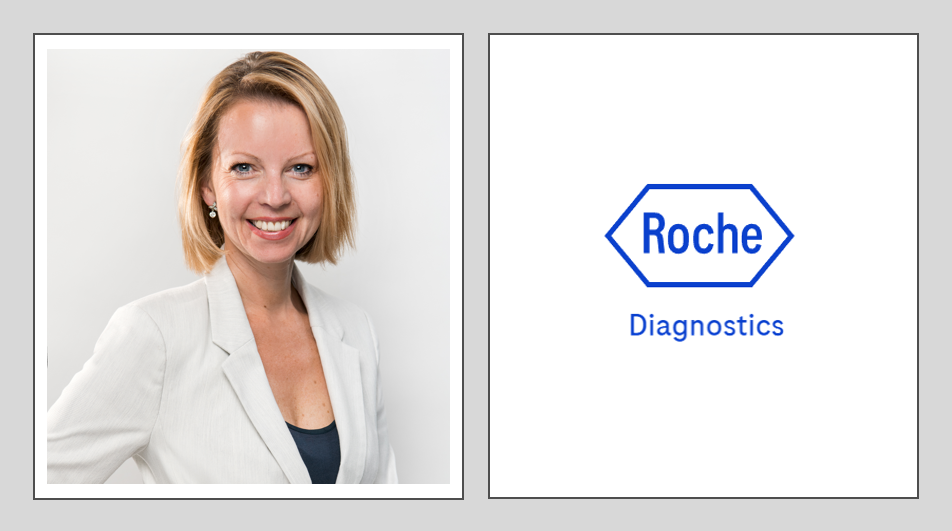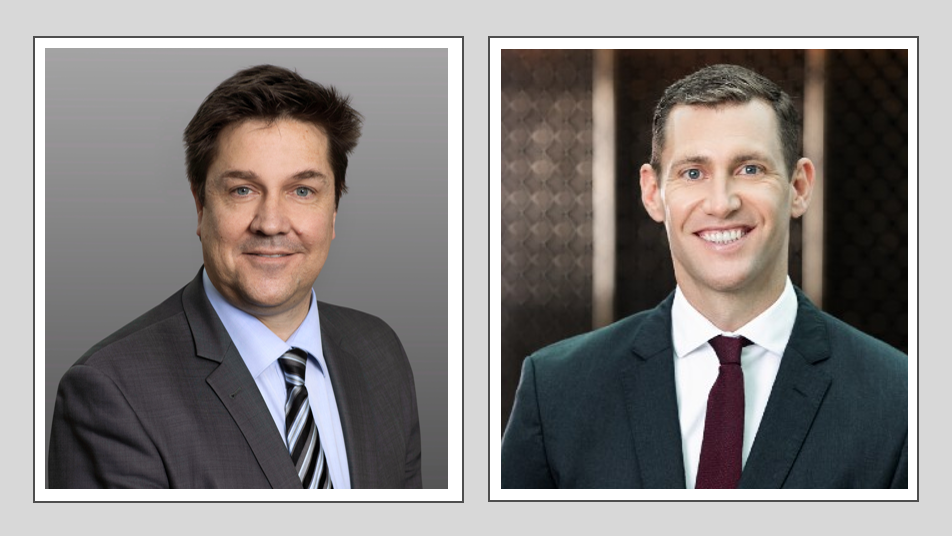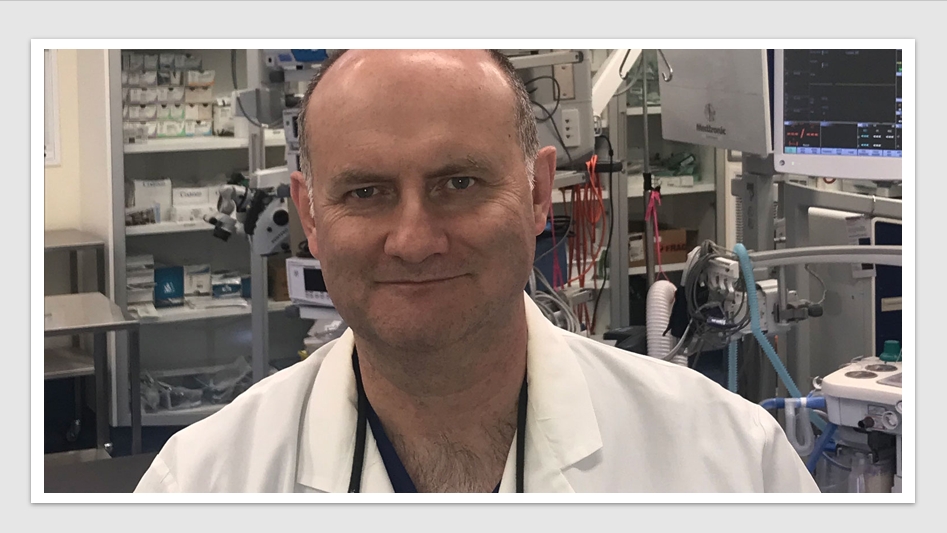News & Trends - MedTech & Diagnostics
Saliva more sensitive for SARS-CoV-2 detection than invasive swabs

MedTech News: Rapid and accurate testing is essential for controlling the ongoing COVID-19 pandemic. The current gold standard for COVID-19 diagnosis uses nasopharyngeal swabs.
A new study suggests that saliva samples may be more sensitive and provide greater consistency in detecting the virus throughout the course of infection. The authors, led by New Zealander Dr Anne Wyllie, suggest this could enable at-home self-administered sample collection for accurate large-scale testing.
Dr Nikki Freed, a Senior Lecturer in the School of Natural and Computational Sciences at Massey University said “This study is very promising. While still preliminary and not yet peer-reviewed, the work shows that saliva may be better than nasopharyngeal swabs for testing for the virus that causes COVID-19. The authors show that saliva had better sensitivity and was more consistent for detection of the virus than nasopharyngeal swabs.
 Register FREE and join 22,000+ industry professionals receiving the latest industry news and engaging content from Health Industry Hub, the ONLY one-stop-hub connecting Australia’s Pharma, MedTech and Biotech industry professionals.
Register FREE and join 22,000+ industry professionals receiving the latest industry news and engaging content from Health Industry Hub, the ONLY one-stop-hub connecting Australia’s Pharma, MedTech and Biotech industry professionals.
From my perspective, saliva has a lot of advantages over nasopharyngeal swabbing, namely that it is easy to self administer and non-invasive. Most people can easily spit in a cup. Nasopharyngeal swabs, on the other hand, require a health care worker to get fully dressed in PPE and can be uncomfortable for the patient. So this study is a win-win.
This is one of the first studies to clearly show the clear advantages from the sensitivity and consistency aspect of using saliva instead of nasopharyngeal swabs.”
Professor David Murdoch Dean and Head of Campus, University of Otago, Christchurch and Co-Director of One Health Aotearoa said “These findings are important because saliva samples can be obtained relatively easily and can be collected by the patient themselves without the need for swabs.
The authors offer a word of caution in noting that their study only included patients who had moderate or severe disease and that the findings may be different when testing people with mild or asymptomatic disease. They also only collected samples first thing in the morning. So, it will be important to evaluate the performance of saliva samples in people with mild disease and in specimens collected at other times of the day as well in order to gain more confidence in these promising findings.”
![]() Customer engagement during COVID-19. Fill the gap of reduced field force activities. Health Industry Hub combines expertise in delivering digital health content with high engagement and 20+ years industry experience. Created by industry for industry. Contact us.
Customer engagement during COVID-19. Fill the gap of reduced field force activities. Health Industry Hub combines expertise in delivering digital health content with high engagement and 20+ years industry experience. Created by industry for industry. Contact us.
News & Trends - MedTech & Diagnostics

Roche Diagnostics MD bids farewell after two-decades, leading the organisation to new heights of success
Diagnostics & MedTech News: The Managing Director of Roche Diagnostics Australia, Allison Rossiter, has announced her resignation, effective September 2024. […]
MoreNews & Trends - Pharmaceuticals

Is Australia ready to play a leading role in precision nuclear medicines?
Pharma News: A newly released discussion paper unveils Australia’s preparedness to take the helm in the rise of the global […]
MoreNews & Trends - MedTech & Diagnostics

Minimally invasive procedure a first in epilepsy treatment
MedTech & Diagnostics News: An Australian-first procedure utilising MRI-guided, minimally invasive surgery has been introduced for the treatment of epilepsy […]
MoreNews & Trends - Pharmaceuticals

Stakeholders unite in international call to tackle breast cancer gaps and inequities
Pharma News: Breast Cancer Network Australia (BCNA) has united in an international call to raise breast cancer care standards and […]
More